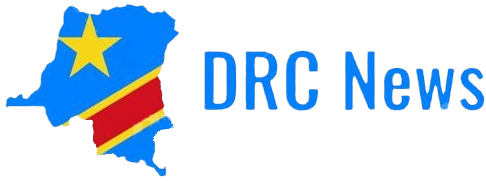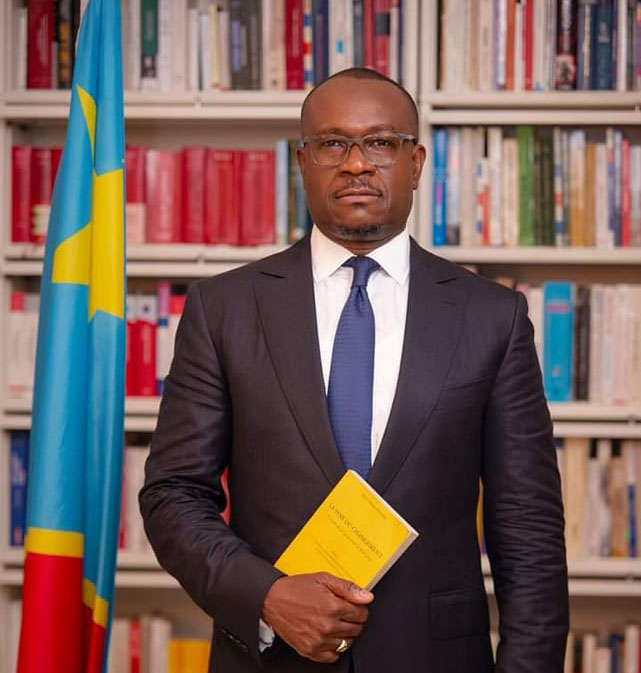Little known Delly Sesanga has announced he will contest the 2023 presidential election in the Democratic Republic of Congo.
Sesanga joins heavyweights in popular opposition leader Moise Katumbi, Martin Fayulu and Augustin Matata Ponyo among those that have announced will challenge incumbent Felix Tshisekedi.
Sesanga, a member of the Envol party announced to Jeune Afrique, that he will be on the ballot come December 20, 2023.
Sesanga has increased his interactions with people as part of a pre-campaign tour. During these outings, Tshisekedi’s record.
He has denounce Tshisekedi’s leadership as the “regime of predation, corruption and violation of the Constitution.”
Sesanga says the Democratic Republic of Congo is now a failed state under the current administration.
“Felix Tshisekedi failed in his mission. He failed to consolidate democracy, to fight against corruption, to preserve national independence. People need a real break. That’s why I made the decision to run,” he says.
Sesanga was a member of the coalition with the Head of State but announced his departure from the Sacred Union when controversy on the appointment of the new office of the Independent National Electoral Commission (Ceni) ensued.
Alongside his colleagues from the G13, an informal platform which in 2020 brought together personalities from different political sides and representatives of civil society, he had notably pleaded for electoral reforms. Reforms that have never been carried out, according to him.
“The power is increasing the maneuvers to organize electoral fraud,” said Sesanga, who however excludes a boycott of the ballot.
Since his departure from the majority, we have also seen him repeatedly denounce the lifestyle of the State and have heated exchanges with the President of the National Assembly, Christophe Mboso, whom he did not hesitate to qualify as a “thug”.
“This regime was characterized by the moral collapse of institutions. Tshisekedi has divided the country and exacerbated tensions,” he says.
Last November, he was also summoned before a parliamentary commission for having asserted, like Martin Fayulu, that the deputies did indeed to earn the monthly salary of 21,000 dollars – an amount which the National Assembly has never disclosed, and which had triggered a lively controversy in the DRC.


